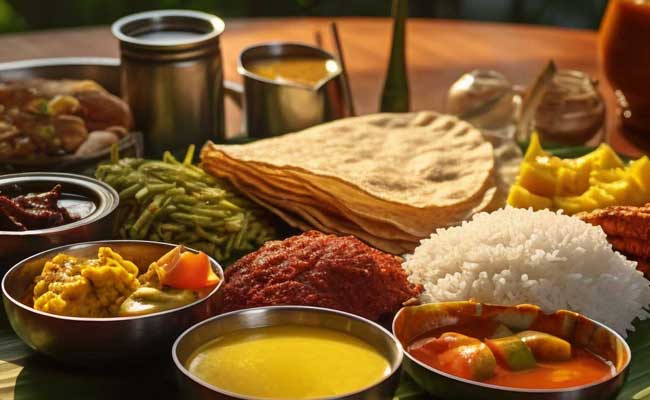Mauritius is not just sand, sea and beautiful beaches. It is also the land of good food and beverages. With the emergence of the tourism sector, and the steady rise in tourist arrivals, the food and beverages sector has been constantly improving their services and products on offer.The Mauritian cuisine has evolved to blend the flavours from the five continents and offer products and tastes that are unique. Our restaurants, big and small, wherever they are located, offer a wide variety of tasty local, as well as continental food and snacks.

Since the mid-seventies, various policies have been successfully implemented in Mauritius with a view to promoting the development of the non-sugar agricultural and agro-industrial sectors. Mauritius now exports a variety of fresh produce such as vegetables and exotic fruits. The most commonly exported fresh vegetables are chillies, greens and okra. Some of our tropical fruits which are exported are lychees, pineapples and mangoes. The variety of pineapples exported is the Victoria variety which grows in the Indian Ocean/Southern African region, while most African and South American countries export the Smooth Cayenne variety.
Mauritius has been manufacturing and exporting cane spirit based rums for a number of years. Some of the well-known brands are “Green Island” and “Old Mill”. The recent decision of the Government to allow the utilisation of cane juice to manufacture rum will enable Mauritius to position itself in the spirits market with old rum. Chamarel rhumerie is a good example of the development of local production and exports. Currently they offer 5 and 6 year old rums as well as canned beer and exotic punch.
Today, another sector that has not just emerged but has also grown each year, is the wine sector. Gradually more and more Mauritians are choosing wine. Most wines are imported but there are local wineries that produce equally good quality wine and they distribute their products to most retail outlets and some hotels in the country. One or two of them also export to Rodrigues.
In spite of hard prevailing economic conditions and rise in the cost of living, the last couple of years have not been bad for the food and drink sector. Operators are quite happy and believe that business is improving year on year. Stakeholders recognise there is increased competition with the diminution of trade barriers, slow down in consumer spending, negative economic impact resulting from current world events and unprecedented rising costs, yet they are confident that they are well positioned and structured both for positive performance in the domestic market and continued progress in building export volume.


